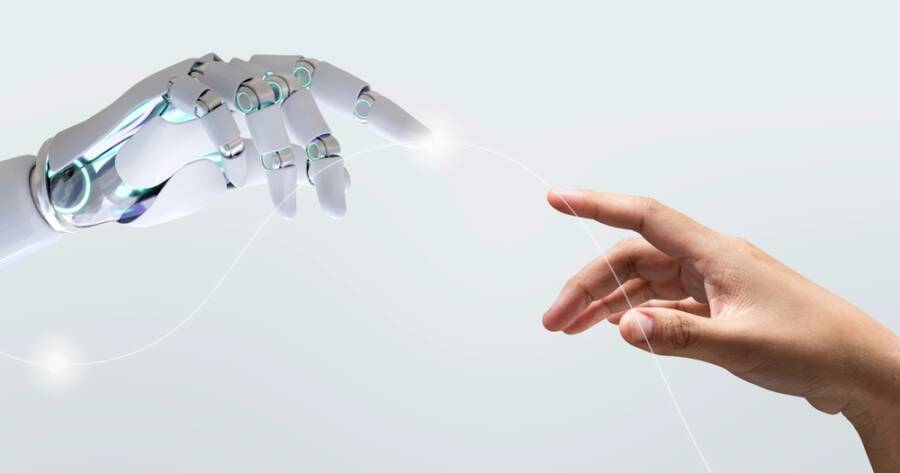Artificial Intelligence (AI) has firmly established itself as a transformative force across various sectors. From automating routine tasks to powering advanced robotics, AI continues to redefine our interaction with technology. As we stand at the cusp of a new era of innovation, discussions are intensifying around what lies ahead for AI. The future holds possibilities that could revolutionize industries and reshape societal norms, with AI poised to drive progress in unprecedented ways.
The Evolution of AI Technology
AI has come a long way since its inception, evolving from basic machine learning algorithms to sophisticated neural networks capable of imitating complex human behaviors. The ongoing advancements in computational power and data processing capabilities suggest that the next wave of AI innovations could involve more autonomous systems.
These systems might not only learn from their environments but also adapt to new challenges, potentially leading to breakthroughs in fields such as healthcare, transportation, and education.
AI in Personalized Medicine
The integration of AI into healthcare could significantly alter patient care by enabling personalized medicine. Through the analysis of vast datasets, AI systems may help in predicting individual responses to treatments and tailoring therapies accordingly.
While this prospect is promising, it is crucial to acknowledge potential ethical considerations. Patient privacy and data security remain top concerns. If responsibly managed, however, AI-driven personalization in medicine might improve diagnostic accuracy and treatment outcomes.
AI and Autonomous Transportation
The concept of autonomous vehicles is steadily advancing, with AI playing a crucial role in their development. Enhanced machine learning algorithms and sensor technologies could facilitate safer self-driving cars. This shift might lead to reduced accidents and improved traffic management.
However, the implementation of such technologies requires overcoming regulatory hurdles and ensuring public trust. The role of AI in transportation could potentially transform urban planning, reducing congestion and lowering emissions.
The Impact of AI on the Workforce
AI’s impact on the labor market is a topic of considerable debate. While AI could automate repetitive tasks, there is potential for the creation of new jobs that focus on AI maintenance and enhancement.
The workforce might need to adapt, with an increased emphasis on reskilling and education to meet the demands of an AI-driven economy. The precise nature of AI’s impact on employment will depend on how quickly industries adopt these technologies and the measures taken to support affected workers.
Ethical Considerations and AI
As AI technologies become more integrated into daily life, ethical questions surrounding their use are becoming increasingly pertinent. Issues such as bias in AI algorithms, accountability for AI-driven decisions, and the potential for surveillance require careful examination.
Developing frameworks for ethical AI implementation could be fundamental in ensuring fairness, transparency, and public acceptance. Ongoing dialogue among stakeholders, including technologists, policymakers, and ethicists, is critical in navigating these challenges.
The Potential for AI in Climate Change Solutions
AI could have a substantial role in addressing climate change by optimizing energy usage, improving resource management, and enhancing predictive models for environmental change. For instance, AI might help in designing smarter grids for electricity distribution or predicting weather patterns with greater precision.
While these applications are still largely experimental, the potential benefits of integrating AI into environmental strategies hold promise for developing more sustainable solutions.
Learn More Today!
The future of AI is a landscape of vast opportunity and significant responsibility. Potential advancements in personalized medicine, autonomous transportation, and climate change solutions highlight AI’s capability to address complex challenges.
However, the evolution of AI also demands robust frameworks to handle ethical dilemmas and societal impact. As technology continues to progress, the collaboration between innovators, regulators, and society will likely be key in harnessing AI’s full potential while safeguarding public interest.

